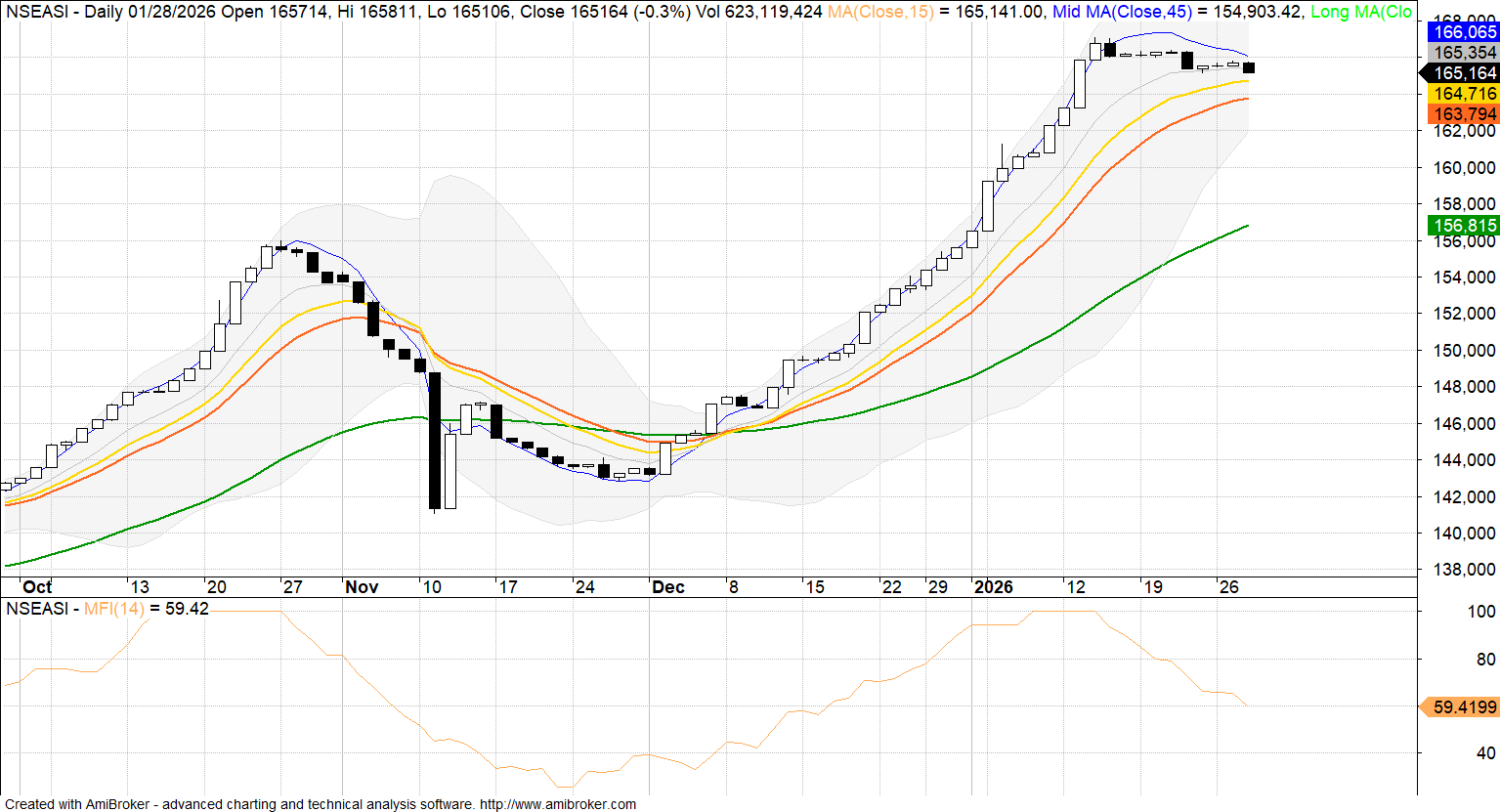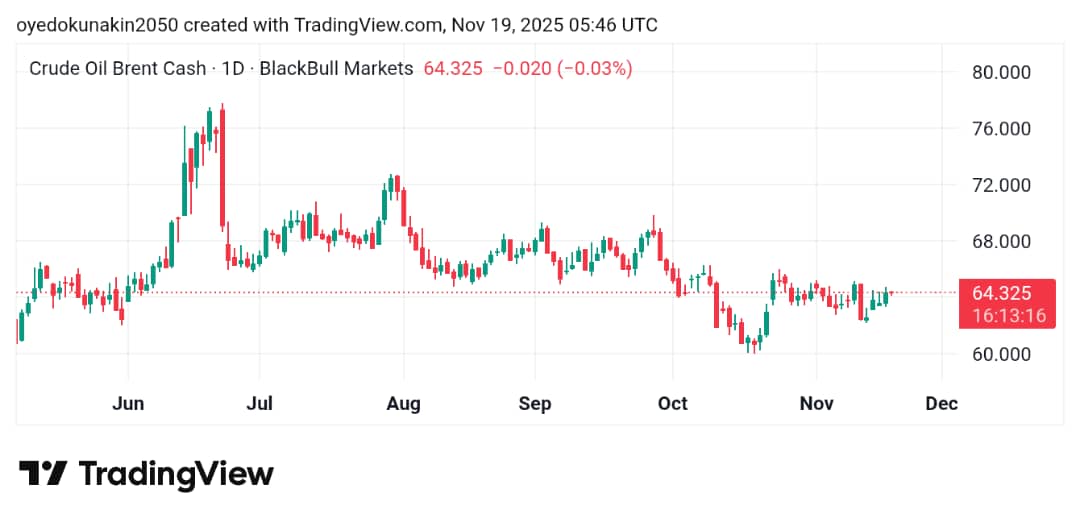
Akintunde Oyedokun
Research Analyst
Oil prices rose sharply on Thursday as the conflict between Israel and Iran intensified, fueling concerns over potential U.S. intervention. Brent crude closed at $78.85, up 2.8%, while U.S. WTI rose 2.7% to $77.20. Israel targeted Iranian nuclear sites, prompting retaliatory strikes, with no sign of de-escalation. The White House may decide on U.S. involvement within two weeks. Analysts warn that if the Strait of Hormuz—key to global oil flow—is affected, prices could spike to $120–$130. Geopolitical risk has added a $10 premium to prices, with Brent possibly topping $90 even without a full regional war.
Global Rate Cuts Gain Momentum as Fed Stays Cautious Amid Trade and Inflation Fears
European central banks, including Switzerland, Norway, Sweden, and the ECB, have cut interest rates amid easing inflation and weak growth. The Bank of England held steady but hinted at gradual cuts. In contrast, the U.S. Federal Reserve maintained rates, citing inflation concerns driven by potential tariff hikes and geopolitical instability.
Fed Chair Powell warned of rising U.S. consumer prices due to Trump’s trade policies, while Trump blamed the Fed for costly borrowing. With global trade uncertainty and Middle East tensions looming, central banks face a delicate balancing act between growth support and inflation control.
Japan’s Core Inflation Hits 2-Year High, Fuels Pressure on BOJ for Rate Hike
Japan’s core inflation accelerated to 3.7% in May—the fastest pace since January 2023—driven by soaring food prices and rising service costs. The figure surpassed market forecasts and kept inflation above the Bank of Japan’s 2% target for over three years. Despite global uncertainties, including U.S. tariff risks, the data signals persistent domestic inflation, raising the likelihood of further interest rate hikes. A key index excluding food and fuel rose 3.3%, the sharpest increase since early 2024, highlighting the challenge of balancing policy tightening with fragile economic growth.
Kenya Passes Finance Law, Blocks Tax Authority’s Bid for Unrestricted Data Access
Kenya’s parliament approved the 2025/26 finance law on Thursday, rejecting a controversial proposal to grant the tax authority unrestricted access to personal financial data due to privacy concerns. The provision had triggered public backlash and was deemed unnecessary by lawmakers, citing existing legal processes. The new law, part of a 4.29 trillion-shilling budget, aims to raise an additional 30 billion shillings mainly through improved tax compliance. The government is keen to avoid unrest like last year’s deadly protests over tax hikes.
TCN Decries N457bn Debt, Highlights Sector Challenges
The Transmission Company of Nigeria (TCN) says it is owed N457 billion—comprising N217 billion in legacy debt and N240 billion for recent services rendered—posing a significant challenge to its operations. At a media workshop in Keffi, Nasarawa State, TCN Managing Director Sule Abdulaziz, represented by Executive Director Oluwagbenga Ajiboye, noted that despite the financial burden, the company has boosted its wheeling capacity to 8,701MW. He warned that weak links, especially in distribution, threaten power delivery. General Manager Aminu Tahir added that several completed substations remain idle due to right-of-way issues, while international partners like the World Bank, AFD, and JICA are funding key transmission projects. Public Affairs GM Ndidi Mbah said the workshop aimed to improve media engagement, as the power sector continues to face a severe cash crunch, with the Federal Government owing GenCos over N4 trillion and NBET owing NDPHC N600 billion.












